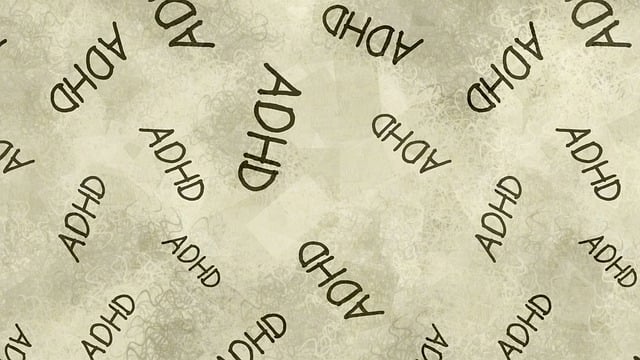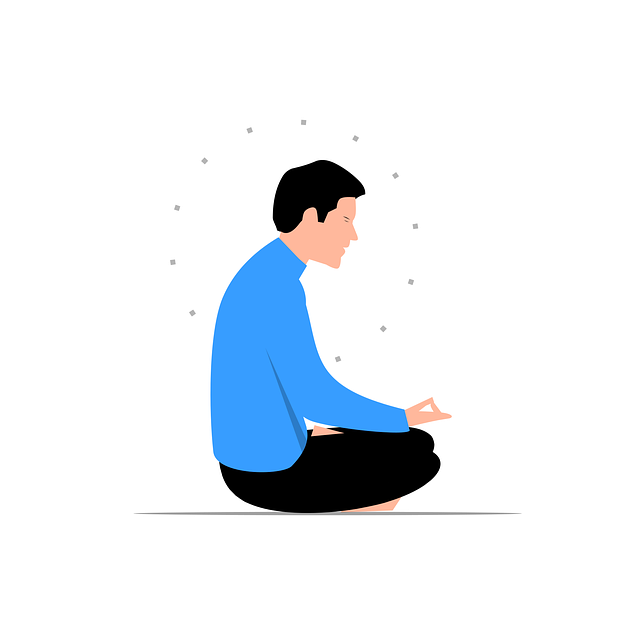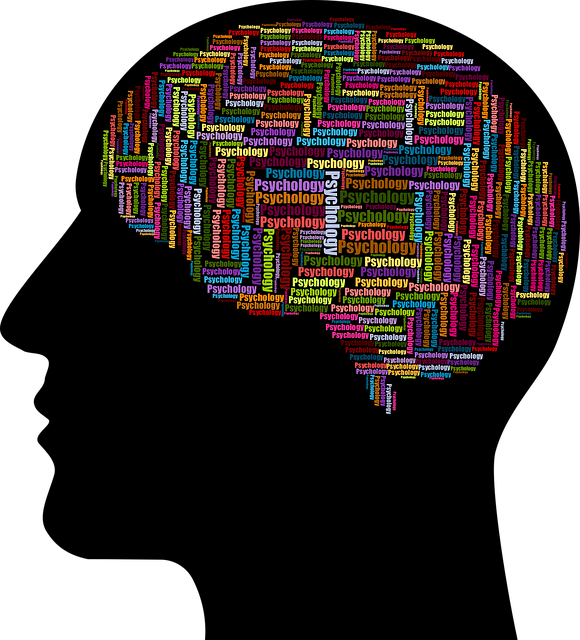Mindfulness meditation, accessible through simple breathing exercises and tracking progress via journaling, offers adolescents with Attention Deficit Disorder (ADD) or Attention Deficit Hyperactivity Disorder (ADHD) a powerful tool to manage symptoms. Regular practice improves focus, emotional intelligence, decision-making, and promotes positive mindsets while reducing stress and anxiety. This approach enhances therapy outcomes for evaluations of ADD/ADHD in teens, fostering cultural sensitivity in mental healthcare through improved communication and overall well-being.
Mindfulness meditation offers teens with ADD/ADHD a powerful tool for managing symptoms and enhancing focus. This article guides parents and caregivers through three key steps: understanding mindfulness, establishing a practical routine, and tracking progress. Learn how mindful practices can support therapy for adolescent teens undergoing ADD/ADHD evaluations, fostering concentration, self-awareness, and emotional regulation. With consistent practice, teens can reap the benefits of improved attention and overall well-being.
- Understanding Mindfulness Meditation for Teens with ADD/ADHD
- Getting Started: Practical Tips for Establishing a Routine
- Tracking Progress and Reaping the Benefits of Consistent Practice
Understanding Mindfulness Meditation for Teens with ADD/ADHD

Mindfulness meditation has gained recognition as a valuable tool to support teens with Attention Deficit Disorder (ADD) or Attention Deficit Hyperactivity Disorder (ADHD). This ancient practice focuses on training the mind to be fully present and aware of the current moment, thereby improving concentration and reducing impulsive behaviors. For adolescents with ADD/ADHD, mindfulness can offer a gentle and effective approach to managing symptoms and enhancing overall well-being.
Through regular meditation practice, teens learn to observe their thoughts and emotions without judgment, fostering emotional intelligence and building resilience. This self-care routine development is crucial for managing stress and anxiety often associated with ADHD. By integrating mindfulness into their daily lives, these young individuals can gain better control over their attention, improve decision-making skills, and cultivate a positive mindset—all of which contribute to successful therapy outcomes during evaluations for ADD/ADHD.
Getting Started: Practical Tips for Establishing a Routine

Starting a mindfulness meditation practice is easier than you might think. Begin by setting aside just 10-15 minutes each day for your session. Choose a quiet, comfortable space where you won’t be disturbed. Consistency is key; aim to meditate at the same time daily to establish a routine. Start with simple breathing exercises, focusing on inhales and exhales to anchor yourself in the present moment. Remember, mindfulness isn’t about clearing your mind but rather observing thoughts without judgment.
As you progress, consider incorporating mental wellness journaling exercises into your routine to track your emotional healing processes. This can provide valuable insights and help identify areas where you may need additional support, such as therapy for adolescent teens with ADD-ADHD evaluations. Regular practice has been shown to enhance mental health awareness and promote overall well-being.
Tracking Progress and Reaping the Benefits of Consistent Practice

Tracking your mindfulness meditation progress is a crucial aspect of reaping its many benefits. Consistency is key; regular practice enables individuals, particularly adolescents with ADD/ADHD, to experience significant improvements in focus and emotional regulation. By setting aside dedicated time each day for meditation, teens can develop a valuable skill set that may also aid them during therapy sessions and evaluations. This consistent practice allows them to build a deeper connection with their thoughts and emotions, fostering better understanding and self-awareness.
The benefits extend beyond improved academic performance and enhanced focus in everyday life. Effective mindfulness meditation has been shown to reduce stress levels and promote healthier coping mechanisms, which are essential for managing ADD/ADHD symptoms. Additionally, it encourages cultural sensitivity in mental healthcare practice by helping individuals from diverse backgrounds develop a stronger sense of inner calm, thereby improving communication strategies and overall well-being. Regular meditation can also be a valuable addition to stress management workshops organized for teens, enabling them to actively participate and benefit from these sessions.
Mindfulness meditation offers teens with ADD/ADHD a powerful tool for self-regulation and focus. By integrating practical tips for establishing a routine, tracking progress becomes easier, allowing individuals to reap the benefits of consistent practice. As these techniques are incorporated into daily life, they can significantly enhance overall well-being and even serve as an alternative or complement to traditional therapy for adolescent teens with ADD/ADHD evaluations.














